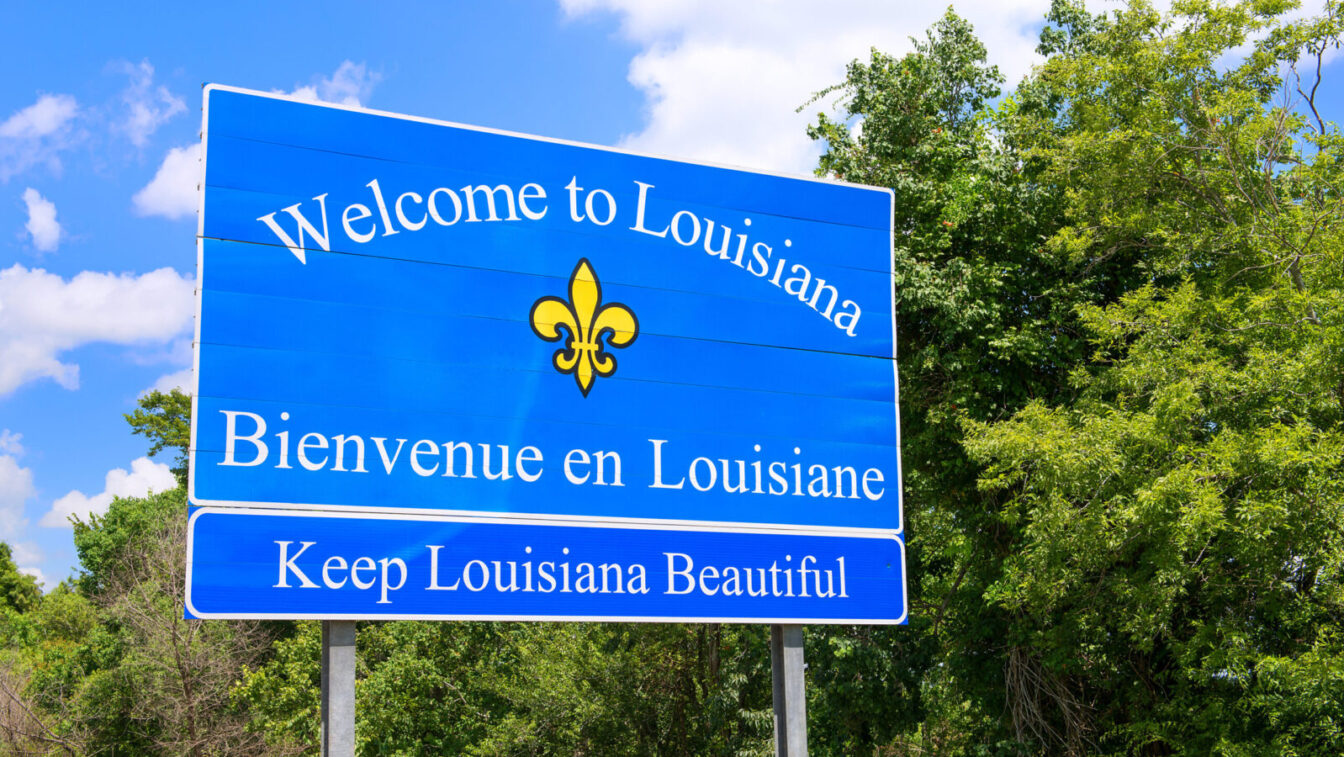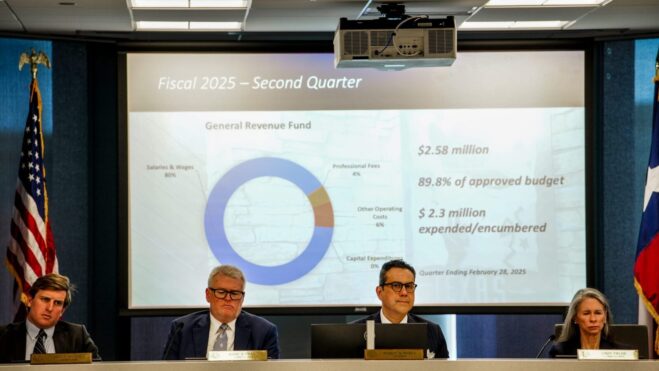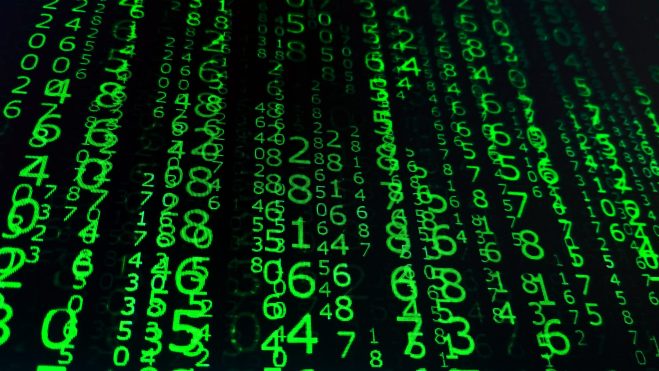Louisiana Online Lottery Talks Put On Hold Until Next Year As Bill Gets Deferred
State representative: ‘What we know for sure is that it’s on the horizon — just not today’
3 min

Louisiana won’t become the 17th United States jurisdiction to legalize an online lottery.
Not this year, at least.
During Wednesday’s House Administration of Criminal Justice Committee hearing, Rep. Vanessa Caston LaFleur voluntarily deferred her bill, House Bill 228, which would have authorized an iLottery platform in Louisiana.
So, what’s next? LaFleur will draft a study resolution that will mandate further investigation of the best ways to launch an online lottery, and then try legislation again next year.
“HB228 represents an opportunity for us to modernize Louisiana’s lottery operations and most importantly provide much-needed additional funding to K-12 schools across the state,” LaFleur, the committee’s vice chair, told her fellow committee members. “As a member of the Appropriations Committee, I understand the need for our state to identify new sources of recurring revenue to fund things that are important to us, that being K-12 education.
“What we know for sure is that it’s on the horizon. Just not today. There is work to be done and we are committed to doing that work because there’s money hanging out there for K-12 education. In light of that, I will be voluntarily deferring this bill and then … doing a resolution to study this further so that we can take this up with all the information available to us.”
Louisiana losing out on $23 million
HB228 would have authorized online purchases of “electronic instant win tickets (‘einstants’)” as well draw game tickets for Lotto, Easy 5, Pick 3, Pick 4, Pick 5, Powerball, and Mega Millions, according to its fiscal note.
Under current law, the Louisiana Lottery must send 25% of its gross revenue to the state treasury each year. The same would have applied to online sales if HB228 became law.
The bill’s fiscal note said the state could have expected to get approximately $23 million annually in gross revenue from the online lottery once it was up and running.
The projected annual contributions were as follows:
- Year 1: $23 million
- Year 2: $23.5 million
- Year 3: $23.9 million
- Year 4: $24.1 million
- Year 5: $24.1 million
The fiscal note emphasized that these were conservative estimates.
‘Not impacting our retailers’
Rose Hudson, president and CEO of the Louisiana Lottery Corporation, also testified. She focused on the work she and her team will do in the following year before presenting another bill to the legislature.
“We are very excited at the opportunity to work with the retailers association, video poker, [and] the casino industry to bring this to you next year,” she said. “We’ve got some good information on not impacting our retailers, putting forth games that really mirror the games that are in our stores.”
Hudson was also asked by Rep. Chad Boyer if the LLC will seek a new vendor for its iLottery platform, should a bill ever pass, or if it will stick with its current partner, Scientific Games.
“We believe that because we are basically transferring our product, the in-store product — it’s mirrored, you see the Monopoly tickets, etc. — that’s in line with what our current vendor is able to do for us,” Hudson said.
At least it was a short flight …
Amy Bergette, the senior vice president of digital solutions at Scientific Games, also flew in from Atlanta for this hearing — which speaks volumes, considering this hearing was essentially a formality as LaFleur voluntarily deferred it.
Still, Bergette seized the opportunity to present what her company believes are the main benefits of an iLottery.
She touched on the perks for retailers, including opportunities to participate in incentive programs and sell web cash or vouchers for online purchases, which would let retailers earn commissions on wins stemming from those vouchers. She touched on cross-promotion opportunities, as well.
But she spent a good chunk of time on how introducing online technology to lottery gaming allows for better player safety and responsible gambling.
“Because of technology, it enables us to know who players are and what they’re doing versus when they’re buying at retail, it’s somewhat anonymous,” Bergette said. “So what that ultimately means is we can provide them with responsible gaming features, all kinds of ways for them to really understand what they’re doing, how they’re playing, and how they’re interacting online, which can include a lot of different functionality, from responsible gaming information just at their fingertips because they’re online to ultimately responsible gaming solutions that allow them to opt-out if they’d like.
“All of it is really supported through technology, and the technology really helps players and retailers both through the process.”
iLottery progress in 2025
So far in 2025, Kansas and West Virginia have launched online lotteries. Massachusetts was originally set to debut its iLottery platform this year, but that’s now expected in spring 2026.
Tennessee also quietly began online sales of Powerball tickets via its app in January. However, on Wednesday, Gov. Bill Lee signed House Bill 1330, which included an amendment that stripped the following language from state code:
“Nothing in this part shall be construed as prohibiting or restricting the direct sale of lottery tickets or shares by the corporation through any form of payment and in any amount.”
That is the language the Tennessee Education Lottery Corporation relied upon to support its ability to launch an iLottery platform under its own volition. With that language now stripped, the future of Tennessee’s online Powerball purchases is left in doubt.
One legislative success has come so far in Maryland, where lawmakers passed a bill allowing lottery ticket subscriptions to be purchased online.






